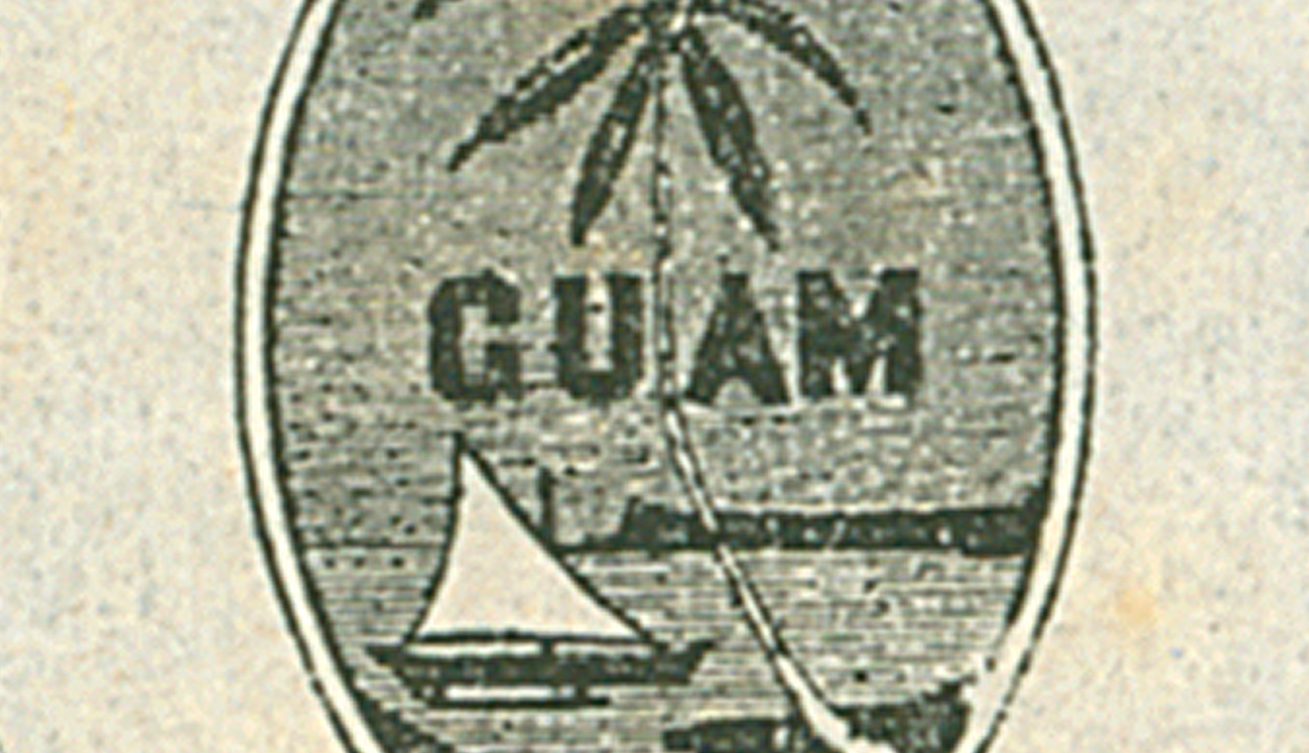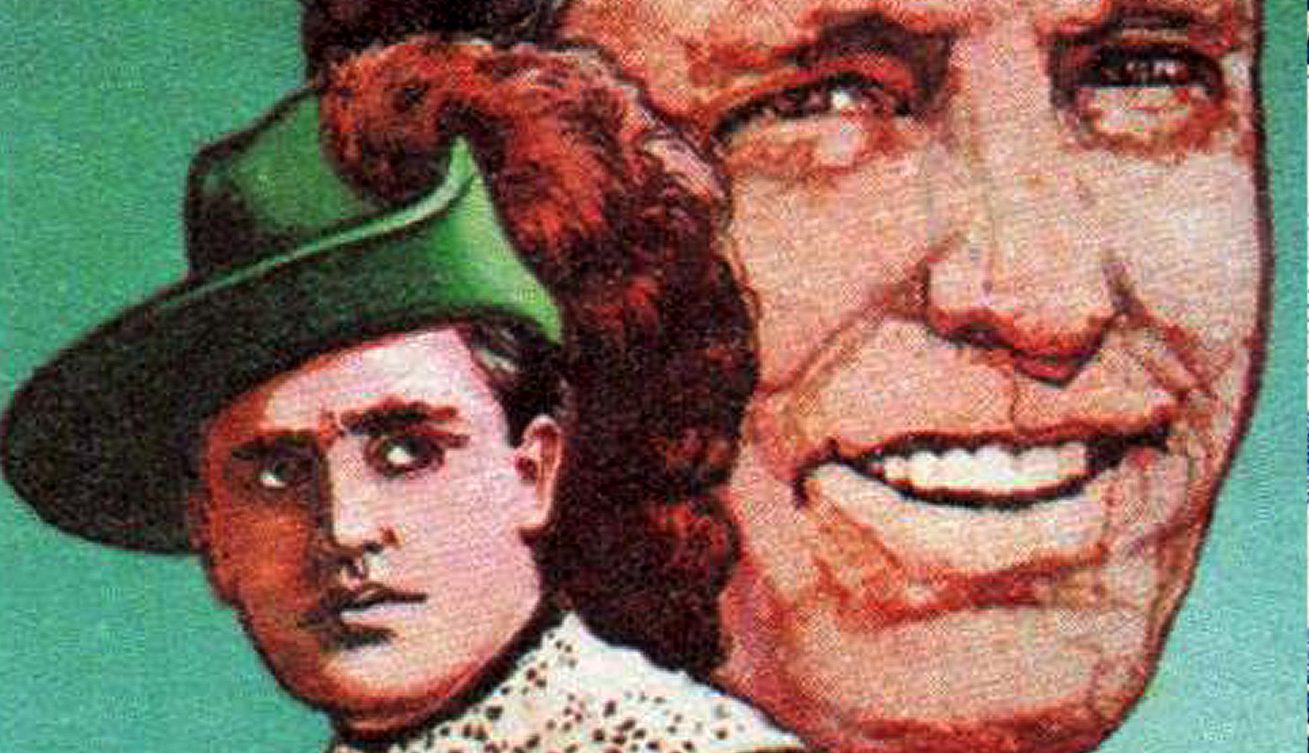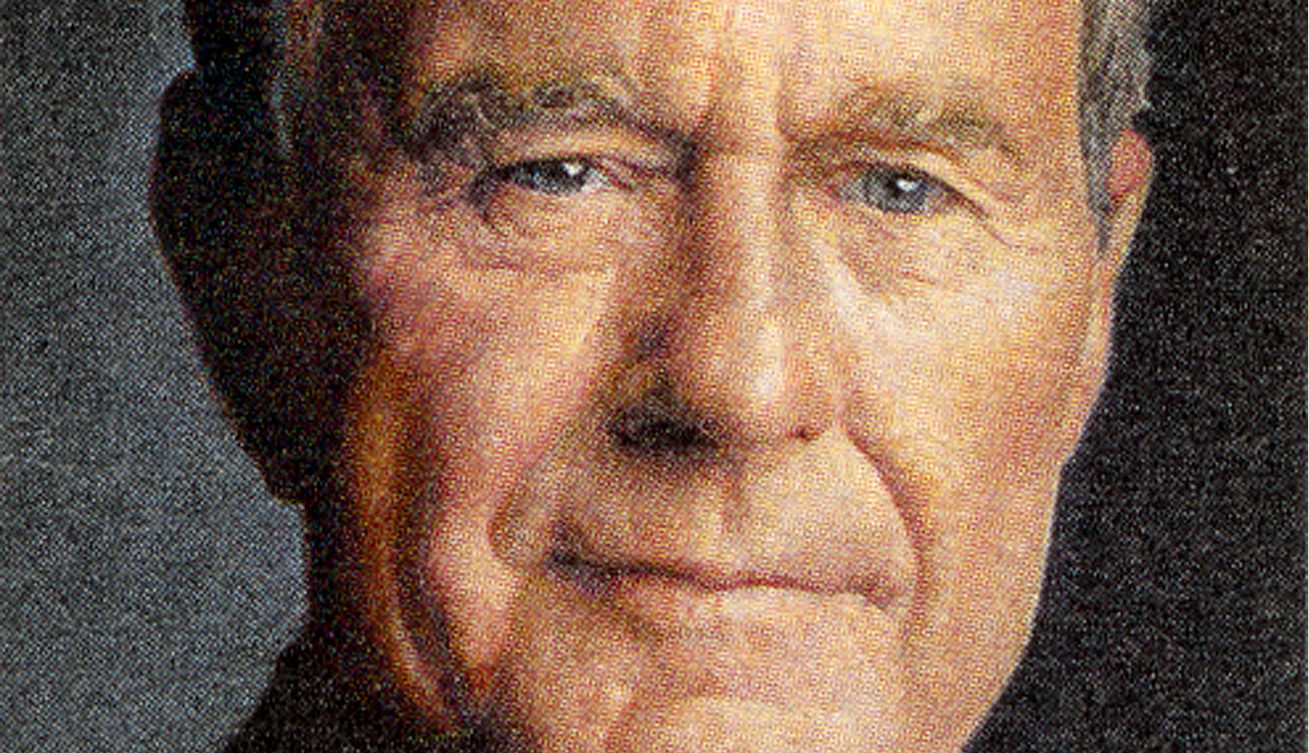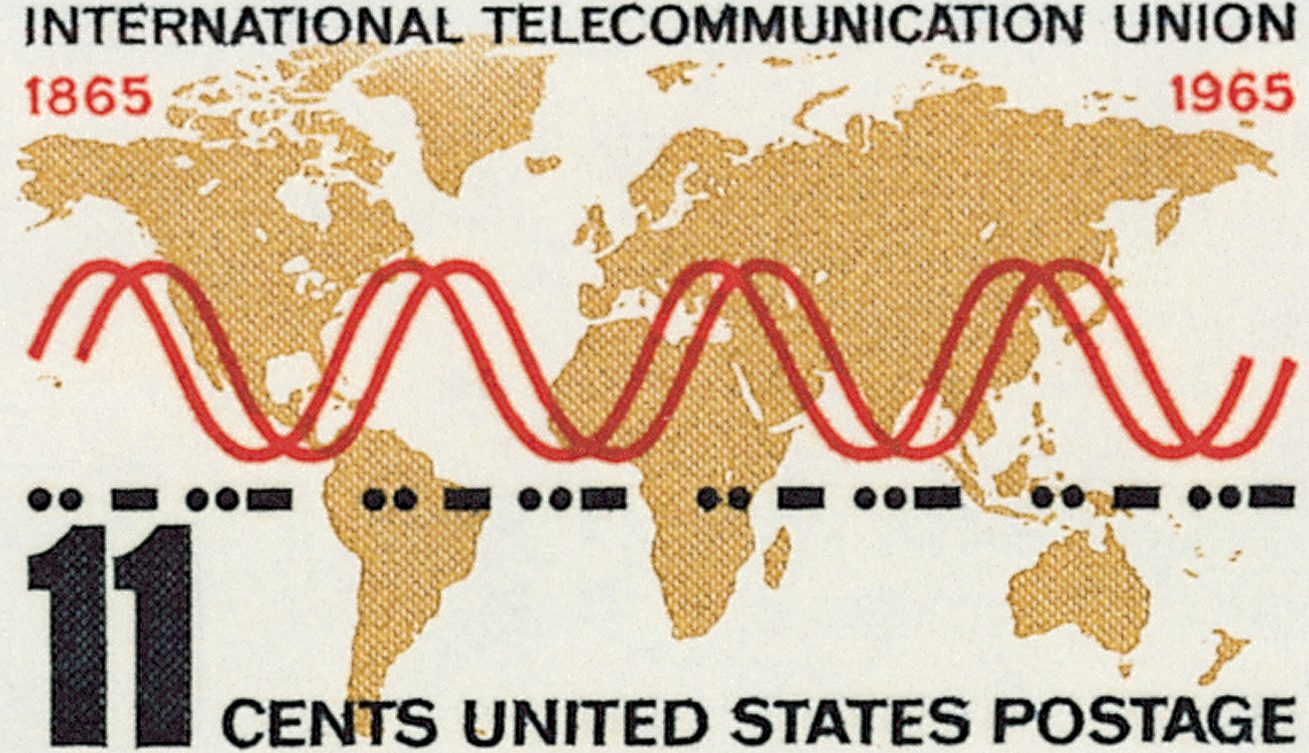Birth of Dag Hammarskjöld
Dag Hjalmar Agne Carl Hammarskjöld was born on July 29, 1905, in Jönköping, Sweden. Serving as Secretary General of the United Nations from 1953 to 1961, he’s still considered one of the greatest diplomats in history.

Dag Hjalmar Agne Carl Hammarskjöld was born on July 29, 1905, in Jönköping, Sweden. Serving as Secretary General of the United Nations from 1953 to 1961, he’s still considered one of the greatest diplomats in history.

On July 25, 1992, the opening ceremonies marked the start of the Games of the XXV Olympiad in Barcelona, Spain. These games included many firsts, lasts, and records…

On July 7, 1899, the US issued its first overprinted stamps for use in Guam. The stamps were rushed into use after the US acquired Guam from Spain following the Spanish-American War.

Irish tenor John McCormack was born on June 14, 1884, in Athlone, Ireland. Eventually becoming an American citizen, he was internationally renowned for his singing abilities and breath control.

On June 13, 1777, the Marquis de Lafayette arrived in America to offer his services in the Revolutionary War. He would become like a son to George Washington and was soon known as “the hero of two worlds.”

George Herbert Walker Bush was born on June 12, 1924, in Milton, Massachusetts. As America’s 41st president, he led the US through conflicts in Panama and Iraq, helped bring about the end of the Soviet Union, and negotiated treaties to reduce the number of global nuclear weapons. At home, Bush fought against rising drug use and cracked down on the drug trade.

On May 26, 1897, Bram Stoker’s Dracula was first published in London, England. It went on to become one of the most famous pieces of English literature and has been adapted for film more than 30 times.

On May 20, 2018, the United Nations declared the first World Bee Day, to bring attention to the importance of bees and the plights they face. This date was chosen because it is considered the birthday of Slovenian beekeeping pioneer Anton Janša.

On May 17, 1865, the International Telegraph Union (ITU), which later became the International Telecommunication Union, was founded. The first international standards organization, it established basic principles for international telegraphy. It later became an agency of the United Nations.